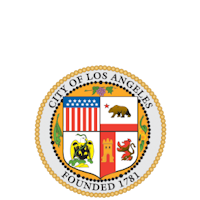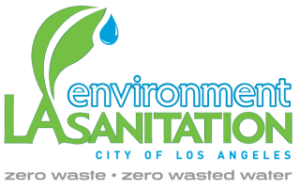Spring season is finally upon us! Which means you might be reaching for your sprinklers, hoses or watering cans as the rainy season is behind us. Have you ever wondered about the source of the water you use in the garden? Surprise – it might be recycled! Did you know that LA Sanitation and the Environment operates four water reclamation plants servicing more than four million people!? Leading the charge is the Hyperion Water Reclamation Plant, processing a whopping 260 million gallons of wastewater daily! This plant marks just the beginning of LA’s journey towards crafting local, sustainable, and resilient water sources. In celebration of World Water Day, let’s dive into what the day is and how we can have a ripple effect.
First Off What is World Water Day?
Celebrated annually on March 22nd, this global event highlights the importance of freshwater and advocates for the sustainable management of water resources. Launched by the United Nations in 1993, World Water Day serves as a reminder to address water-related challenges worldwide. Now let’s dive into how you can be aiding in the mission of the day by using recycled water this year!
What is recycled water?
Recycled water (also known as reclaimed water) is municipal wastewater that has been purified through multiple levels of treatment and can be reused. But what is municipal wastewater? This is the water produced from the sinks, showers, toilets, appliances and machinery in our homes and businesses. The advanced purification treatment processes ensure that this wastewater is transformed into high-quality reclaimed water, ready for a second life.
What can recycled water be used for?
The benefits of water recycling in Los Angeles extend far beyond reducing reliance on traditional water sources. Reclaimed water finds purpose in a multitude of applications, contributing to the city’s resilience in the face of ongoing water challenges. From irrigating parks and golf courses to supporting industrial processes, reclaimed water plays a vital role in enhancing water efficiency and minimizing environmental impact.
The use of recycled water is determined by the California Department of Public Health, the Regional Water Quality Control Board – Los Angeles Division, and the County of Los Angeles Department of Public Health. Currently, California allows for recycled water to be used for non-potable purposes. This means you can use recycled water to irrigate your lawn and landscaping, water your garden, control dust, or cool machinery. However, you cannot use recycled water to drink, cook, bathe, shower, or fill your swimming pool because the water is not approved for consumption. Some counties in California are pioneering the use of recycled water and even using it to replenish groundwater!
What are the benefits of recycled water?
First and foremost, recycled water is great because it conserves water. Although 70% of the earth is covered in water, only 1% of this water is accessible freshwater! As the California population grows, this small resource is only going to get more scarce. Rather than pumping or diverting increasing amounts of this limited freshwater, recycling water allows us to reuse what we already have! This also helps reduce the cost of water, as it is no longer necessary to transport water long distances. Recycled water is also helpful because it is a drought-resistant source of water, and won’t decline when there is a lack of rainfall.
The use of recycled water is crucial for the resilience of Los Angeles in the coming years. We hope you join us today in celebrating how far Los Angeles has come and continues to go in investing in water recycling infrastructure. With each drop recycled, the closer LA is to a more sustainable future. Happy World Water Day everyone! Until next time, go with the flow! 💧
Looking for more environmental news and tips? Email us at lastormwater@lacity.org!
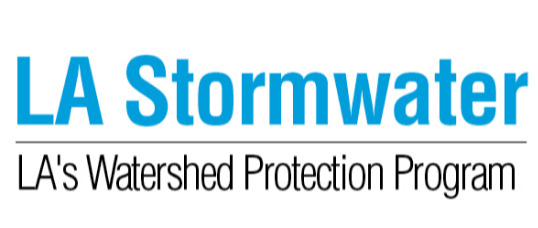
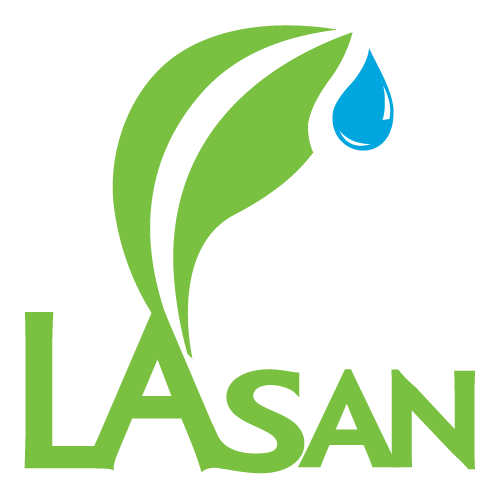
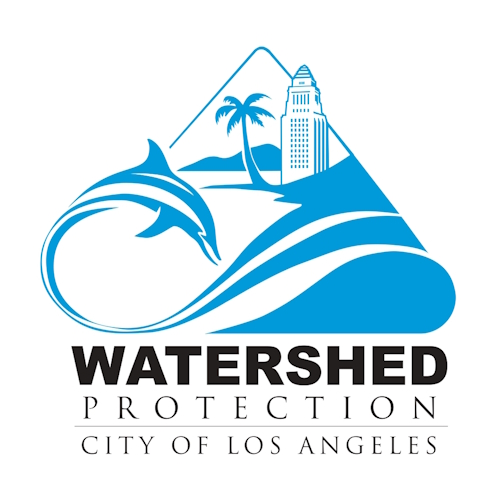
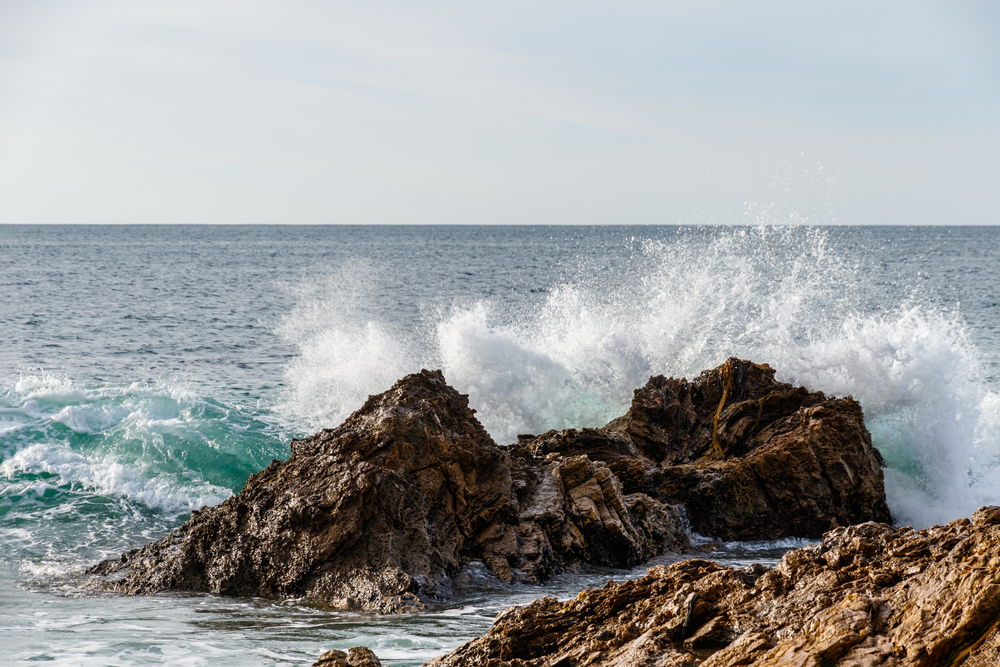 ">
">

